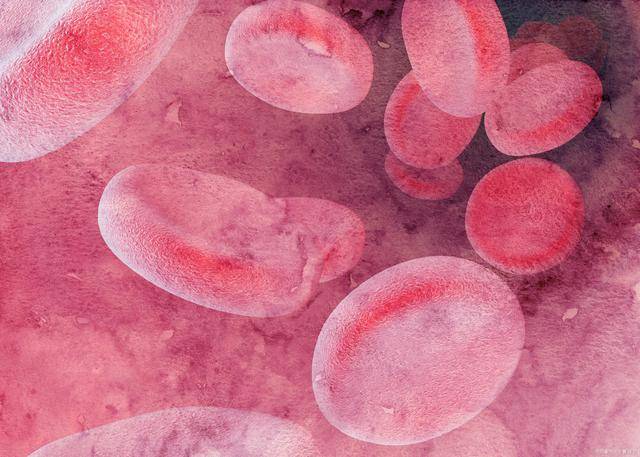In recent years, the number of people with high triglycerides has been increasing. High triglycerides indicate that blood lipids are on the rise, which can likely lead to vascular blockages and increase the risk of vascular diseases.
The main cause of high triglycerides is irregular eating habits or a preference for greasy foods, which can burden the blood vessels and cause blockages.
The “trigger” for high triglycerides is revealed – fried foods top the list, so even if tempted, control your cravings
Alcohol: It is well known that alcohol harms the liver. Drinking alcohol can also increase blood density, putting more pressure on the blood vessels and easily triggering vascular diseases.
Alcohol can activate lipase in fats, releasing fats into the bloodstream. Alcohol also acts on blood low-density proteins for continuous elimination. Thus, frequent alcohol consumption may raise fat levels in the blood.
Over time, triglycerides will rise, leading to vascular blockages and increasing the risk of vascular diseases. Therefore, it is advised to quit drinking to safeguard your health.
High-sugar foods: Sugar is a source of bodily energy, but excessive consumption of sugary foods converts into triglycerides after ingestion, leading to thickened blood lipids due to high triglyceride and cholesterol content.
Some may argue that they do not consume much sweets, yet common foods like steamed buns, rice, and other carbohydrates are also high in sugar.
Once ingested, they raise triglyceride levels in the blood, which can affect health over time. Hence, foods with high sugar content should be controlled to lighten the burden on blood vessels and prevent high triglyceride situations.
Fried foods: Fried foods are beloved by many, especially paired with beer for a delicious taste. However, this eating habit is not conducive to health and may even increase the chance of illness.
Fried foods contain high levels of fats, which when ingested, directly enter the bloodstream, raising blood fat levels. Additionally, prolonged sitting habits prevent fat breakdown, leading to high triglycerides.
Harmful substances deposit on the vessel walls, making them fragile and hard, possibly causing blood clots, severe blockages, and unhealthy effects on the body.
Animal organs: Animal organ foods are indeed delicious and beneficial in moderation, but for those with high blood lipids, it’s advisable to control intake and be more cautious.
Excessive consumption of animal organs can induce blood lipids, gradually leading to abnormal protein metabolism, maintaining high blood lipids, which can eventually form clots, blockages, and increase the risk of vascular diseases.
High-salt foods: High-salt foods not only burden the kidneys but also reduce vessel elasticity and contraction ability. This increases the burden on blood vessels, elevating both blood pressure and triglycerides.
Pickled foods cause significant harm to the body and increase the risk of illness. Therefore, such foods should be avoided to ease the burden on blood vessels, reducing the risk of vascular diseases.
Aside from consuming fewer of the above foods, what else should individuals with high triglycerides pay attention to?
First, opt for a light diet. Elevated triglycerides suggest excessive fat intake, so consuming fresh vegetables and fruits, such as celery and asparagus, is crucial. These choices aid in blood circulation, toxin elimination from vessels, lessening the vessel burden, and ensuring unimpeded blood flow.
Second, engage in regular physical exercise. As the saying goes, life is in movement. Regular workouts enhance physical fitness, bolster immunity, prevent diseases, reduce fat accumulation, speed up caloric burn, promote clear vessels, lower vascular disease risks, and enhance overall health.
Third, ensure sufficient sleep. Those who frequently stay up late have lower immunity and a greater risk of vascular diseases. Hence, it is recommended to maintain a consistent sleep schedule to enhance physical well-being, aid in detox and repair of organs, eliminate harmful substances, ease vessel burden, and maintain vascular health.


